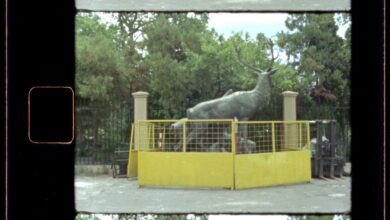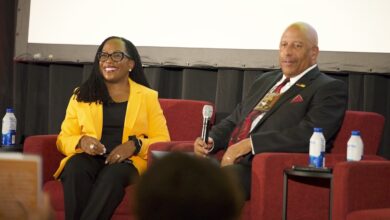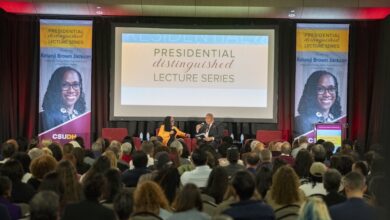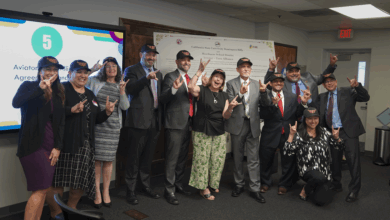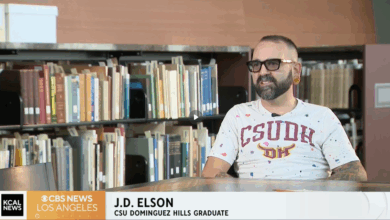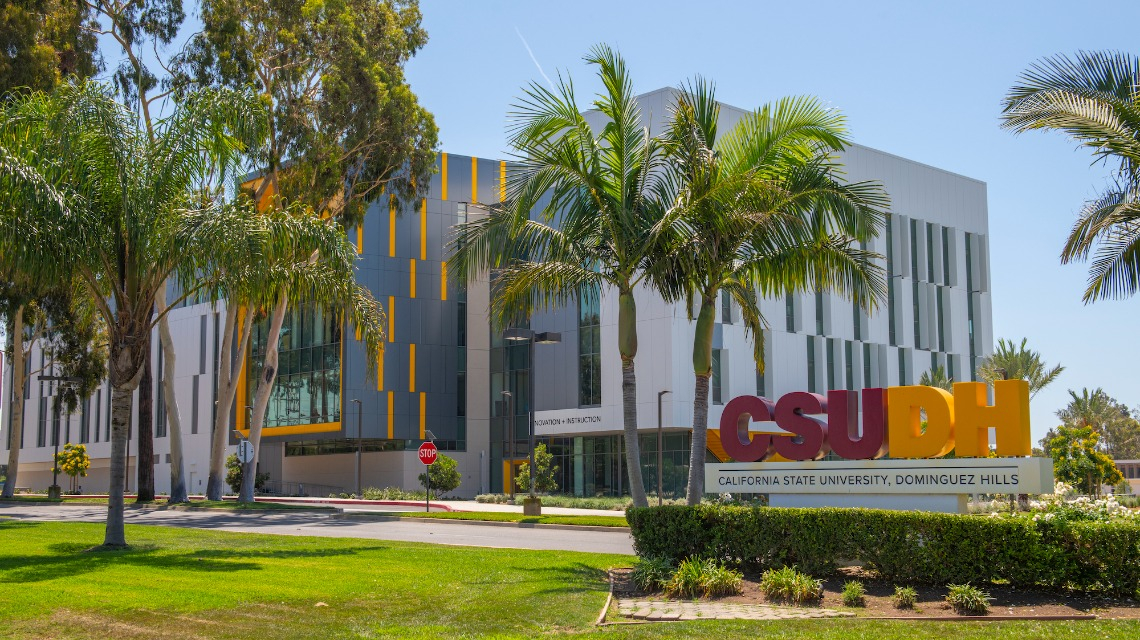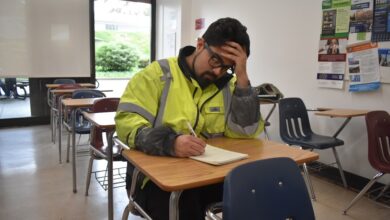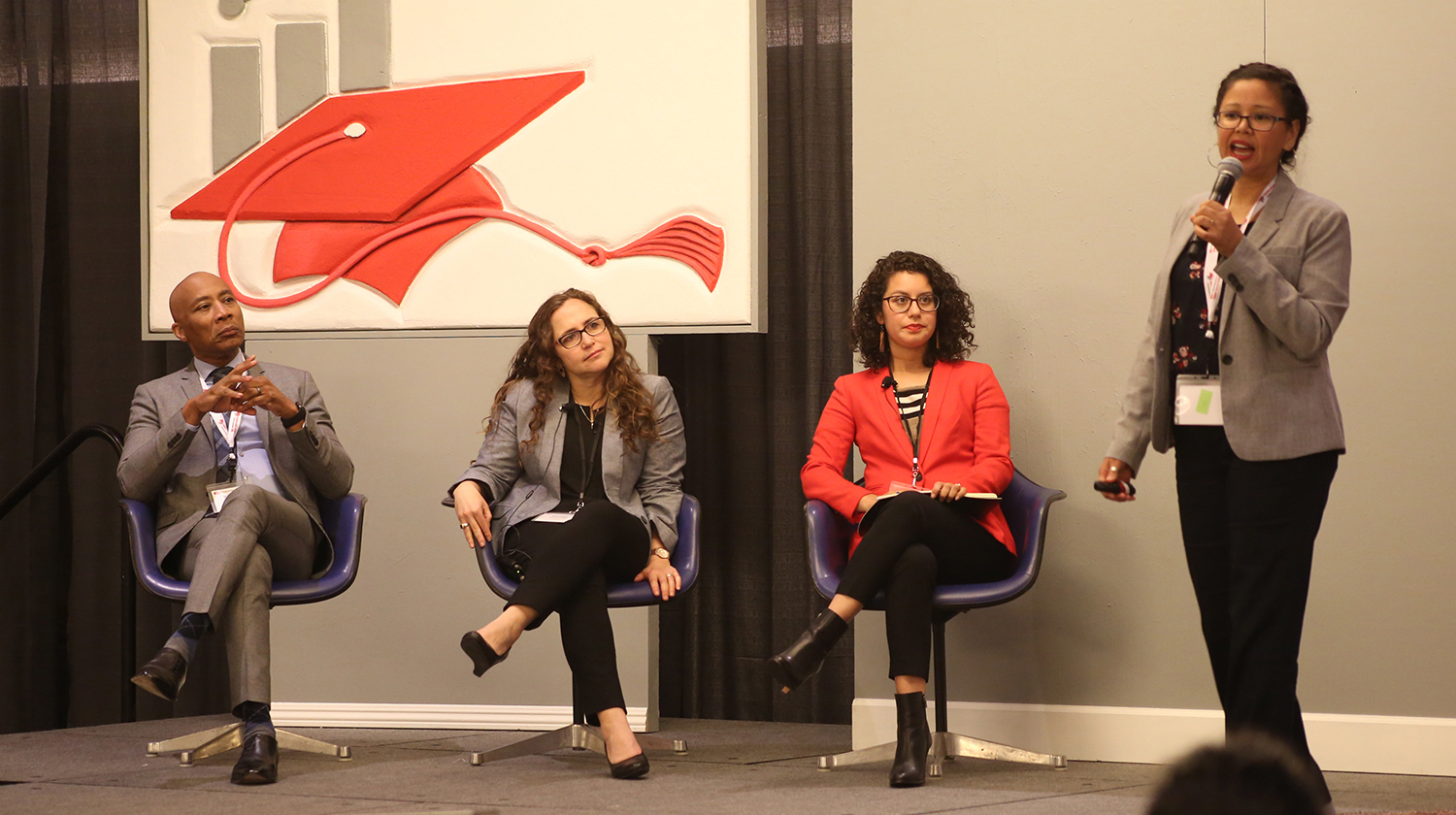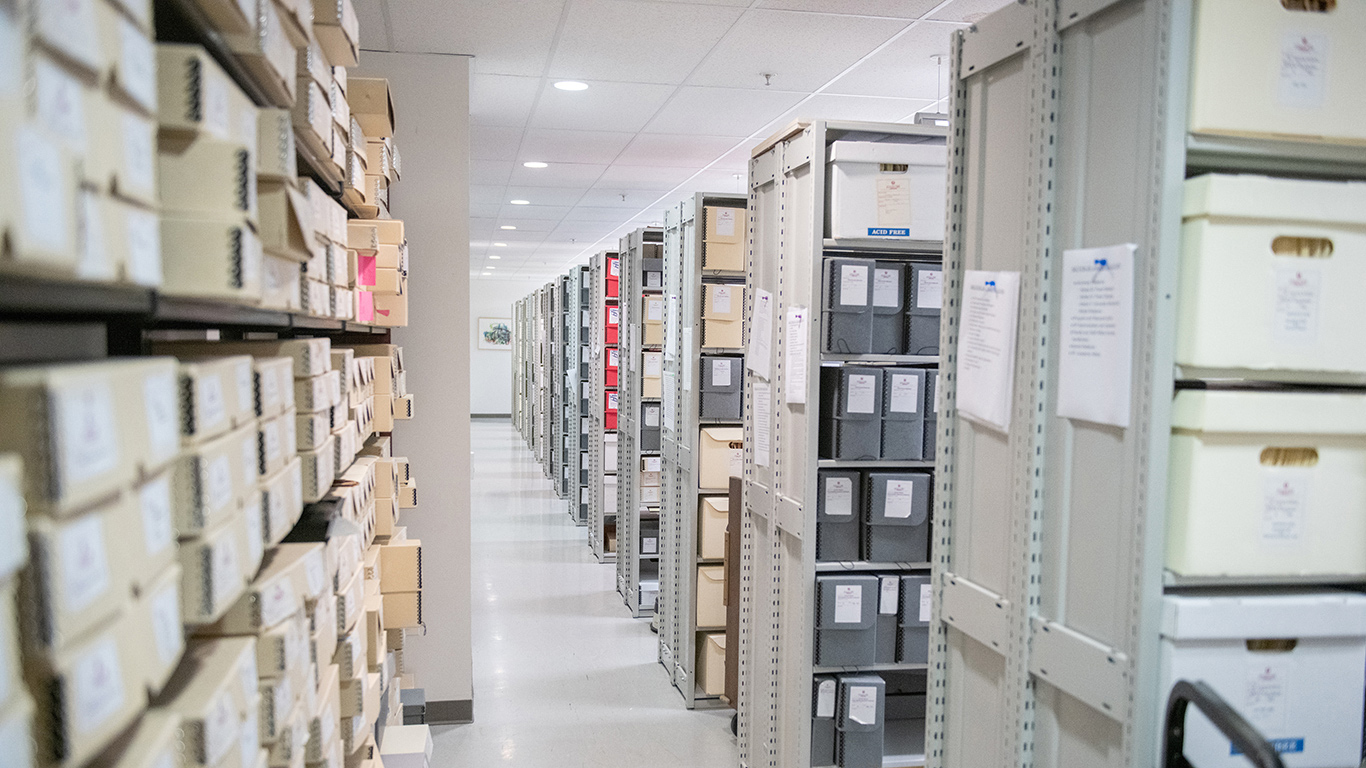
Source: Daily Breeze
These are historic times and in the era of the coronavirus pandemic, everyone is part of the still-unfolding story.
Carson’s Cal State Dominguez Hills wants to tell that story to future generations via paintings, social media posts, digital photos, journal entries and the like created by Southern California residents while it’s still happening.
Greg Williams, director of the Gerth Archives and Special Collections at the university, described the process as “collecting in advance of the past.”
“This is not a collection for tomorrow because everybody is living it right now,” Williams said. “It’s a collection for 20, 50 or 100 years from now.
“It’s not too soon because people forget stuff,” he added. “We’re basically doing it for posterity and it’s an important thing to cover.”
The university has about 300 special collections, including several with local focuses, such as the 1910 Los Angeles International Aviation Meet. Recently donated collections include the Holt Labor Library, which contains thousands of items related to obscure and radical political movements and is still being cataloged.
Now, Williams said, he wants to preserve artifacts – both digital and physical – being created currently about this rare moment in human history.
More information about donating materials is at the university’s special collections website, by calling 310-243-3895 or emailing archives@csudh.edu.
It’s surprising how things taken for granted today – for example, a diary of someone living through the pandemic – can be an important and rare document in the future, he said.
Williams, for instance, was unable to think of an artifact in the university’s collections related to the 1918 global flu pandemic, just over a century ago.
Content being sought includes the pandemic’s influence on personal, academic or professional life, the struggles of essential workers, or the swift move from working in an office or studying at school to doing so remotely.
Submissions from diverse perspectives are especially encouraged.
“If they feel there’s something that defines this COVID-19 era for them in either text or in images, we’ll take it,” Williams said. “We would like to have a decent-sized archive to preserve.
“The contributions we receive,” he added, “will be an important way for people in the future to learn from the successes and mistakes we have made during this time.”

